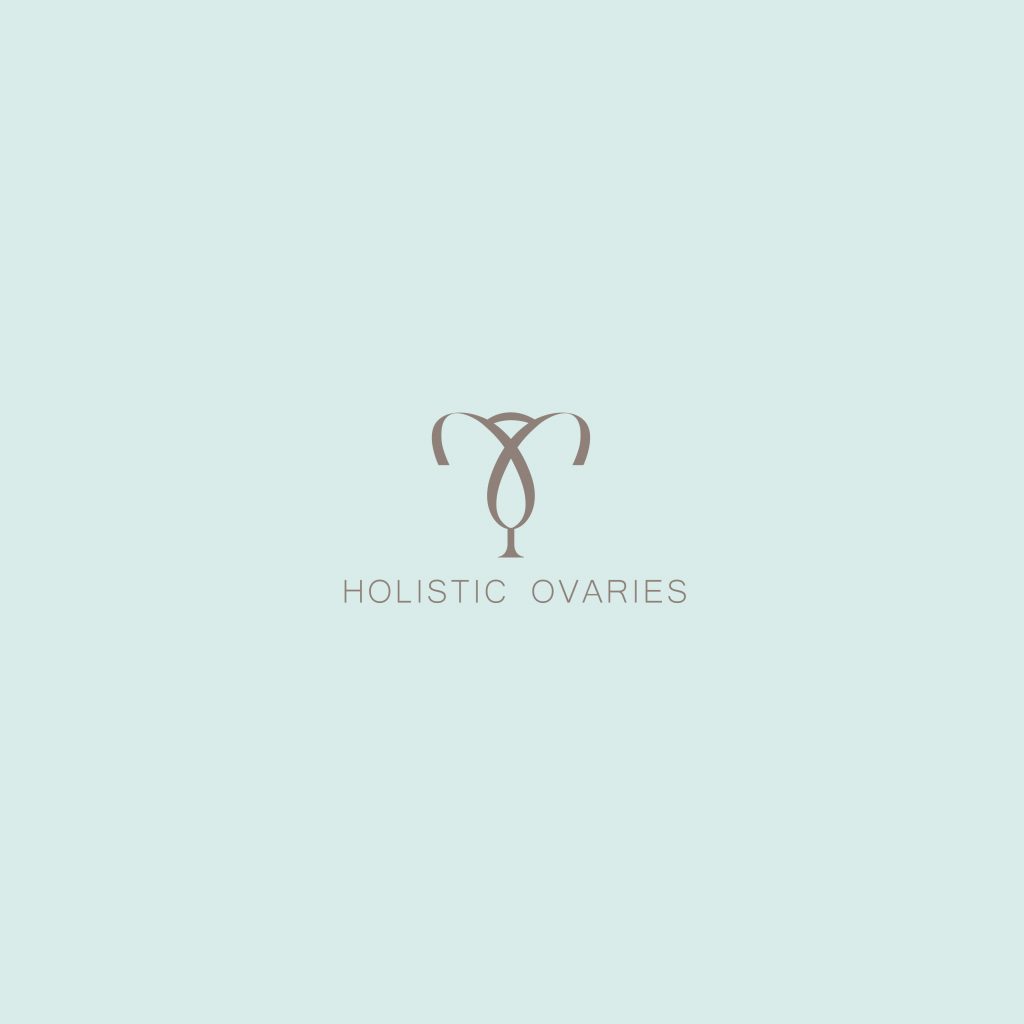How common are
Eating disorders
in women with PCOS?

Eating disorders and polycystic ovary syndrome
Today we will focus on prevalence of eating disorders in women with PCOS.
Last time I have showed you research regarding psychological disturbances prevalent in PCOS. I have skipped eating disorders there as I wanted to dedicate entire post about it. So, here we are.
Even though research regarding prevalence of eating disorders in PCOS population and the etiological processes of this comorbidity are limited.
Majority of the studies reported higher prevalence of eating disorders in PCOS population compared to controls. Let’s check this out.
Eating Disorders and PCOS - What research says?
- Tay et al. (2019) reported that studies with PCOS women show the prevalence for any eating disorder in this population ranged from 2.8% to 23.3%.
- Cesta et al. (2016) reported that the risk of developing eating disorders in PCOS patients is 18% higher than in woman without the syndrome.
- Bulimia nervosa and binge eating disorder are the most prevalent eating disorders among PCOS patients.
- Cesta et al. (2016) found 20 % increased risk for bulimia nervosa and Ålgars et al. (2014) reported that almost 25% of PCOS patients meet criteria for binge eating disorders.
- Amongst the research women with PCOS have shown higher proportion of binge eating disorder than woman without PCOS.
- Bernadett & Szemán (2016) found a 43% prevalence of binge-eating behaviour in PCOS women compared to 12.4% in other women.
- A cross-sectional study on Saudi Arabian population sample of 494 women, reviled that woman with PCOS are at significant risk for developing disorganized eating behaviour.
- A pilot study from 2016 on quality of life related to eating and exercise in Australian woman with and without PCOS seeking fertility treatment showed that women with PCOS had increased eating disorders pathology than other woman seeking fertility treatment.
- Cross-sectional study among Australian women with PCOS reported that disordered eating, but not eating disorders were more prevalent in PCOS patients compared to healthy controls.
- However, another cross-sectional study on Australian woman by Tay et al. (2019) reported higher prevalence of eating disorders in women reported PCOS 11.0% versus 7.6% in woman not reporting PCOS.
- One systematic review and meta- analysis found out that that women with PCOS have over three times the odds of having abnormal eating disorders scores as well as being diagnosed with an eating disorder when compared to women without PCOS.
- It is important to note that while most of the studies reported higher prevalence of binge eating disorder and bulimia nervosa, there was no data on prevalence of anorexia nervosa in PCOS patients.
Why such a big difference in numbers?
Depending on the research prevalence of eating disorders in PCOS is between 2.8% to 23.3%.
Though 2% might seem like nothing, 23% is already scary. But…
Why such a big difference in numbers?
- First of all it is difficult to determinate exact prevalence of eating disorders in polycystic ovary syndrome as prevalence of eating disorders in the general population itself is low.
- Other factor that could influence the difference in the number is that various methods of diagnosis of PCOS itself and eating disorders were used. Different form of questionnaires, specialist psychiatric evaluation and PCOS diagnostic criteria.
- Some of the results were not statistically significant, probably because the numbers of subjects in each study was overall small.
- A further factor that could contribute to different levels of prevalence is that studies has been done on woman from different demographics.
Nevertheless research indicates increased risk of both abnormal eating behaviours* and eating disorders in women with PCOS compared to our non-PCOS friends.
*I will explain the difference between eating disorders and abnormal eating behaviours in further posts.
But whatever the numbers says please be cautious of your eating patterns and mindset around food. Because you might be at risk and I want you to catch that before you suffer any form of eating disorder.
Awareness Of eating disoerders in PCOS is essential
I know that it might be quite difficult to read that data, but I think it is important to be aware of eating disorders in PCOS.
It is good to know that there is the research supporting the thesis that women with PCOS are at high risk of suffering eating disorders or maladaptive eating behaviours.
Especially that diagnose of eating disorders in PCOS women are frequently delayed, involve many health professionals, and the information given to the patients are often not sufficient.
Early diagnosis of eating disorders result in prevention of the serious health consequences.
The relationship between PCOS and eating disorders is quite complex.
Many woman with PCOS and comorbid eating disorders are unaware of their thoughts and behaviour related to weight. It happened to me…
I didn’t know that my eating habits were maladaptive and I realised it only when my mind was completely obsessed with food, weight and exercise.
Now you may ask, why women with PCOS are at risk of developing eating disorders? Well, it is a very good question and we will explore the risk factors soon.

I hope this post expands your knowledge regarding PCOS and prevalence of eating disorders.
If you would like to discuss the topic in more details drop me a message here.
Yours Agnese

References:
Ålgars, M., Huang, L., Von Holle, A. F., Peat, C. M., Thornton, L., Lichtenstein, P., & Bulik, C. M. (2014). Binge eating and menstrual dysfunction. J Psychosom Res., 1(76). https://doi.org/doi:10.1016/j.jpsychores.2013.11.011
Asdaq, S. M., Jomah, S., Hasan, R., Al-Baroudi, D., Alharbi, M., Alsubaie, S., Buhamad, M. H., Alyahya, B., & Al-Yamani, M. J. (2020). Impact of polycystic ovary syndrome on eating behavior, depression and health related quality of life: A cross-sectional study in Riyadh. Saudi Journal of Biological Sciences, 27(12), 3342–3347. https://doi.org/10.1016/j.sjbs.2020.08.039
Bernadett M., Szemán A. (2016). Prevalence of eating disorders among women with polycystic ovary syndrome. Psychiatria Hungarica : A Magyar Pszichiatriai Tarsasag Tudomanyos Folyoirata, 31(2), 136-145.
Cesta, C. E., Månsson, M., Palm, C., Lichtenstein, P., Iliadou, A. N., & Landén, M. (2016). Polycystic ovary syndrome and psychiatric disorders: Co-morbidity and heritability in a nationwide Swedish cohort. Psychoneuroendocrinology, 73, 196–203. https://doi.org/10.1016/j.psyneuen.2016.08.005
Coker, E., & Lahoud, R. (2016). Polycystic Ovarian Syndrome and Eating Disorder Quality of Life: A Pilot Study. Journal of Fertilization: In Vitro – IVF-Worldwide, Reproductive Medicine, Genetics & Stem Cell Biology, 04(01). https://doi.org/10.4172/2375-4508.1000171
Krug, I., Giles, S., & Paganini, C. (2019). Binge eating in patients with polycystic ovary syndrome: prevalence, causes, and management strategies. Neuropsychiatric Disease and Treatment, Volume 15, 1273–1285. https://doi.org/10.2147/ndt.s168944
Lee, I., Cooney, L. G., Saini, S., Sammel, M. D., Allison, K. C., & Dokras, A. (2018). Increased odds of disordered eating in polycystic ovary syndrome: A systematic review and meta-analysis. Eating and Weight Disorders – Studies on Anorexia, Bulimia and Obesity, 24(5), 787–797. https://doi.org/10.1007/s40519-018-0533-y
Pirotta, S., Barillaro, M., Brennan, L., Grassi, A., Jeanes, Y., Joham, A., Kulkarni, J., Couch, L., Lim, S., & Moran, L. (2019). Disordered Eating Behaviours and Eating Disorders in Women in Australia with and Without Polycystic Ovary Syndrome: A Cross-Sectional Study. Journal of Clinical Medicine, 8(10), 1682. https://doi.org/10.3390/jcm8101682
Tay, C. T., Teede, H. J., Hill, B., Loxton, D., & Joham, A. E. (2019). Increased prevalence of eating disorders, low self-esteem, and psychological distress in women with polycystic ovary syndrome: a community-based cohort study. Fertility and Sterility, 112(2), 353–361. https://doi.org/10.1016/j.fertnstert.2019.03.027

© 2022 All Rights Reserved. Made by DB.YOU Creative Agency


